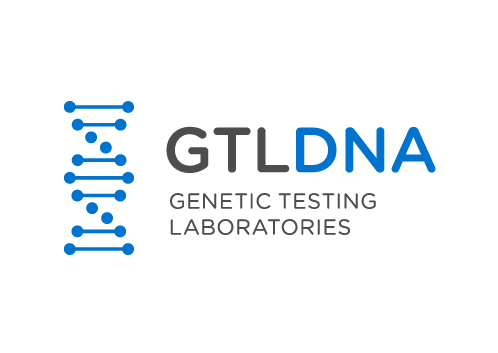Choose a Service
Home Paternity Testing
Order Now £99If you have any doubts about the paternity of a child, you can only get the answer you need through a home paternity test. The GTL DNA paternity test is a premium 21 marker paternity test starting at only £99 for testing 1 alleged father and 1 child. Including the mother in the test is free and recommended whenever possible to increase accuracy of the test results. There are No Hidden Fees.
Legal Paternity Testing
Order Now £289Genetic Testing Laboratories offer legal DNA testing for reliable proof of parentage that can be especially important for legal reasons. The results of our legal paternity test can be used in a court case to support any claims to the paternity of a child or to invalidate any previous paternity claims. Anything from getting child support to a paternity affidavit could necessitate a legal DNA test.
DNA Testing for Immigration
Order Now CONTACT US FOR QUOTEImmigration testing is used in cases where alleged relatives need to prove a biological relationship. Immigration testing is often used to support immigration documentation and facilitate the procedures. In some cases an immigration test may be requested by the Home Office if birth, marriage certificates or other documents are not available or do not meet the requirements of the immigration authorities in the UK.
What is a paternity test?
A paternity test is a way of determining whether a man has biologically fathered a child or not (which we call the “potential” or “possible” father the “alleged father”). Paternity has always been a contentious issue but luckily today we are able to scientifically establish the parentage of a child through a DNA test. In the past, before DNA testing was available, it was impossible to confirm with any degree of scientific accuracy whether a specific individual was the biological father of a child.
A DNA paternity test looks at the genetic material a child inherits from his or her father. This shared genetic material and the heredity of DNA makes paternity testing extremely accurate. In order to confirm whether a man has fathered a child, the DNA of the alleged father and child need to be compared. The DNA is extracted in a laboratory using a procedure in molecular biology to amplify a single copy or a few copies of a piece of DNA. This procedure is known as Polymerase Chain Reaction (PCR). In a paternity DNA test, scientists will not look at the entire DNA sequence but only very specific locations on the DNA which are known as genetic loci. The number of locations analyzed can vary from laboratory to laboratory. Many companies test 16 loci whilst other companies, such as GTL, test 21 loci. The higher number of loci means you will get stronger and more dependable results. A paternity DNA test will provide 99.9% accurate results if the alleged father is the man who biologically fathered the child. If the father tests did not biologically father the child tested, the results will show a 0% probability. These tests can also be of different types, such as a home paternity test or a legal test but the accuracy of the results will not change. All that changes is how the DNA samples are collected for the test.
Further questions about our services
| How are samples collected? |
|---|
| What alternatives do I have if the alleged father is not available? |
|
Our tests for paternity are designed to keep things simple, painless and quick. Samples for the individuals taking part can be collected using the mouth swabs we provide in our self-sampling kit. The only exception is our non-invasive prenatal test for paternity for which samples for the alleged father are collected using mouth swabs but those for the pregnant mother are via a medical blood draw. Mouth swabs are easy to use. They simply need to be rubbed inside the mouth and under the tongue and then left to dry. Once done, they can be sent for analysis. You can rest assured that the kit we send you includes the instruction, precautions, consent forms and a self-addressed envelopes. What alternatives do I have if the alleged father is not available? If the alleged father is not available, we can recommend other testing options. What we usually suggest in such cases is either testing blood relatives from the alleged father’s side of the family (such as siblings or parents) or testing sources of DNA that belonged to the missing alleged father – for example, a toothbrush or some hair samples. |
